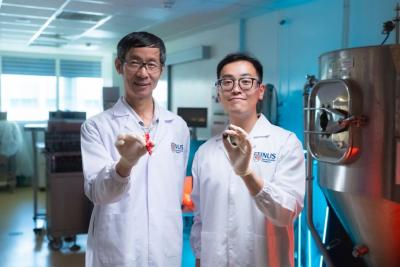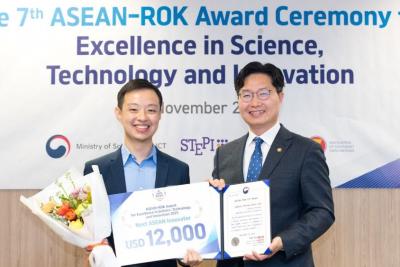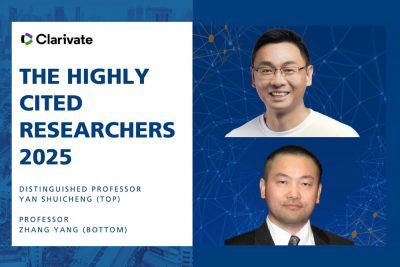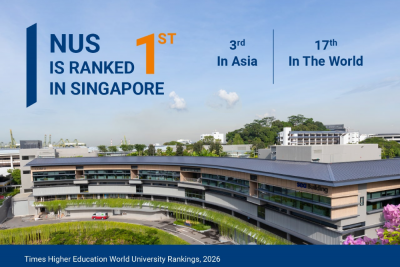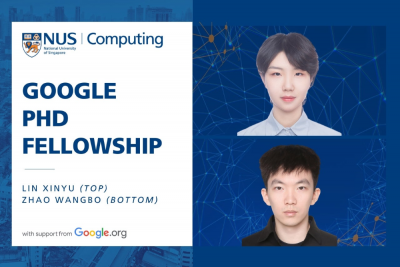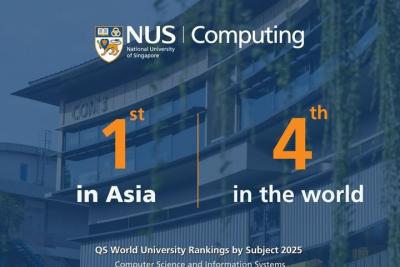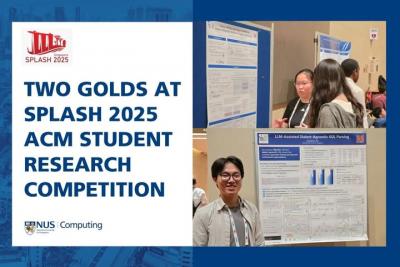NUS và Google hợp tác xây dựng trung tâm nghiên cứu & đổi mới AI, thúc đẩy ứng dụng trong giáo dục, y tế và pháp luật
Joint research and innovation centre to accelerate AI applications in education, legal, and healthcare; plans for Google-supported professorship to be established at NUS.
The National University of Singapore (NUS) and Google are embarking on a new strategic collaboration to accelerate applied AI research and nurture skilled AI practitioners. This collaboration reinforces Singapore’s ambition to be a global hub for AI innovation and talent, advances the national digital transformation agenda, and deepens industry-academia partnerships to strengthen the country’s research ecosystem.
NUS and Google exchanged strategic collaboration agreements to establish a joint research and innovation centre during the NUS School of Computing’s (NUS Computing) 50th Anniversary Gala Dinner, where the School commemorated five decades of sterling contributions to computing education and research.
● AI in Education: Research aimed at utilising Google Cloud’s Vertex AI platform to develop and evaluate AI-driven tools for adult education, including adaptive scaffolding, blended learning, context-aware nudging, course-specific AI companions, and psychometrically robust measurement of learner engagement, skill acquisition, and career progression. This supports the national emphasis on lifelong learning and continuous upskilling of Singaporeans for the evolving demands of various industries.
● AI in Legal: The development of a Singapore Law-specific LLM on Google Cloud by NUS Faculty of Law, NUS AI Institute, and NUS Computing. This domain-specific LLM will be grounded on local statutory interpretation, case precedents, and legal nuances to overcome the limitations of generic LLMs in legal contexts. This project aims to provide the core technology for an AI assistant supporting legal research, with potential to enhance productivity and access to contextually-relevant legal information across law firms, the judiciary, and public legal education.
● AI in Public Health (AI4PH): Research that aims to utilise AI to drive population-level health outcomes, by integrating foundational models with diverse data sources across healthcare, social services, and environmental systems. This will enable the development of agentic AI solutions to support preventive care under programmes like Healthier SG and promote cognitive health and active ageing.









